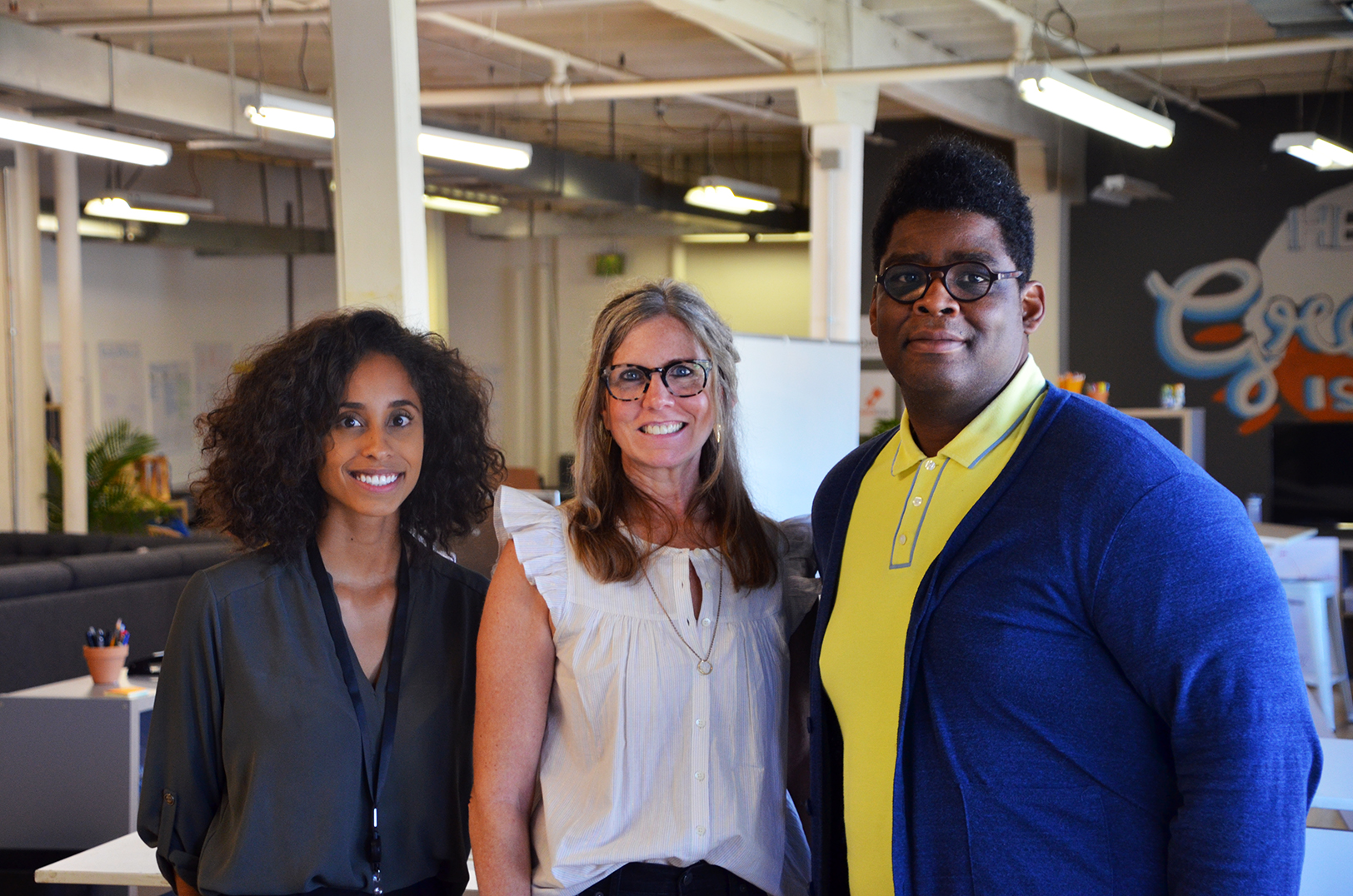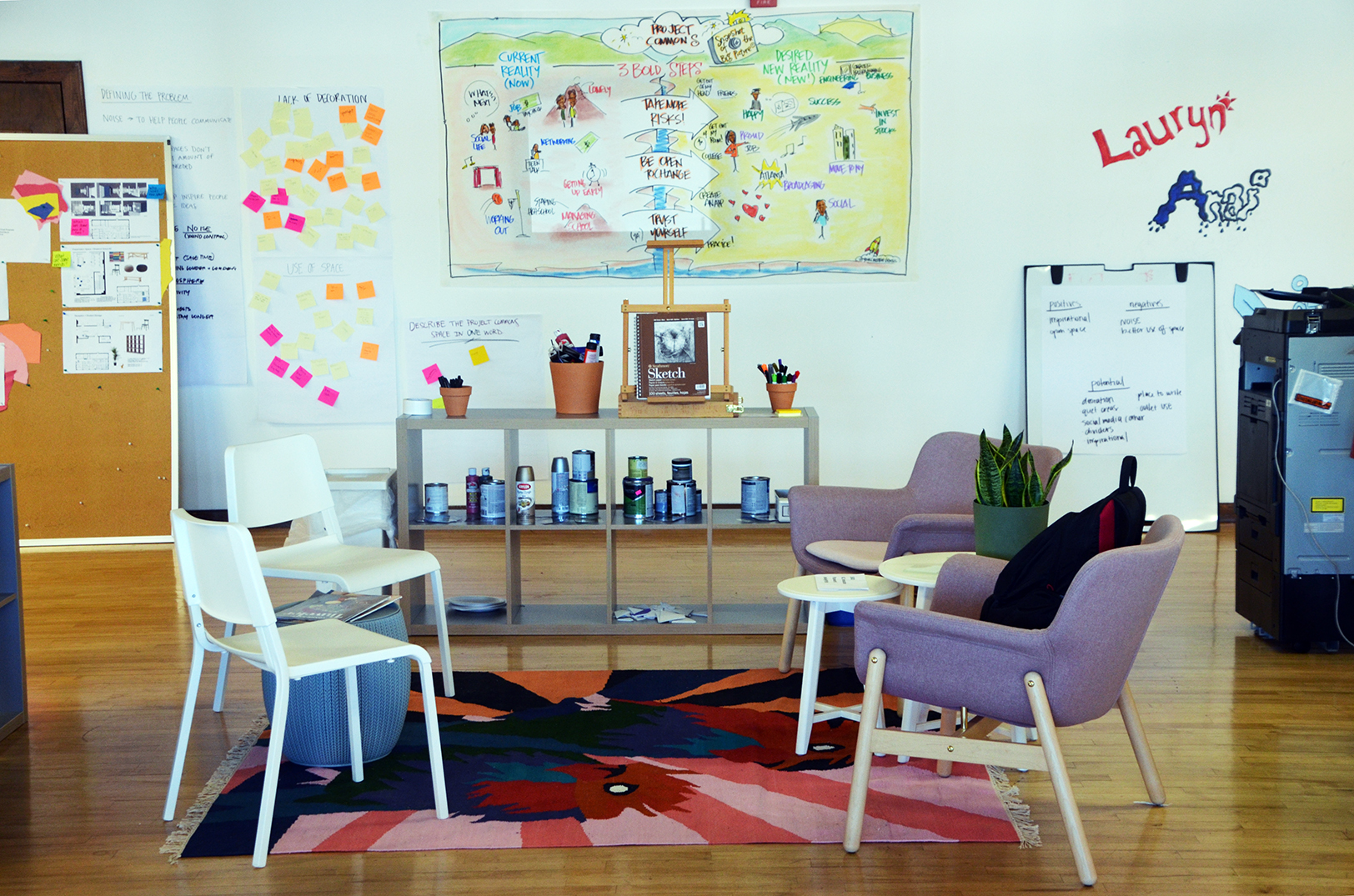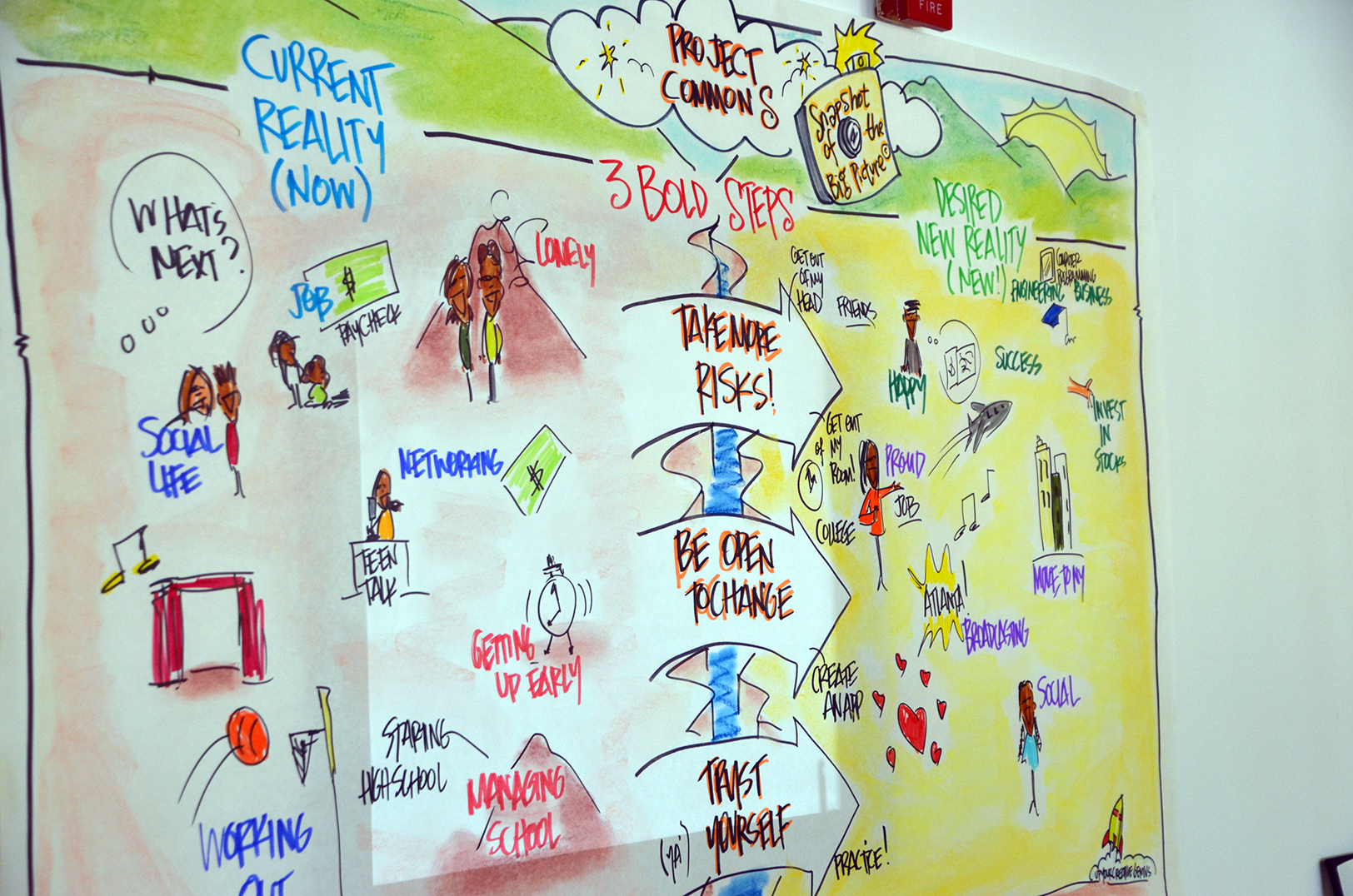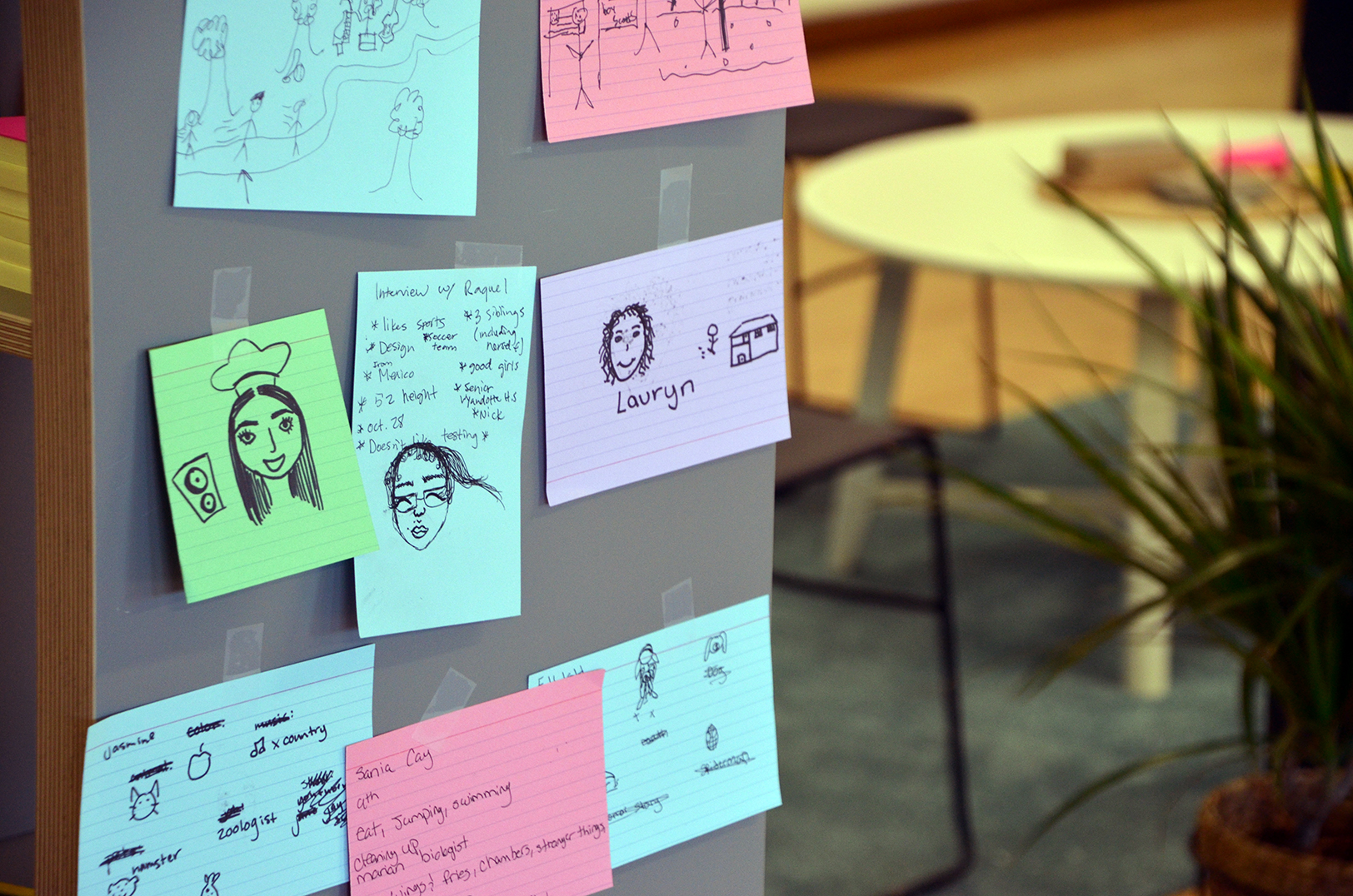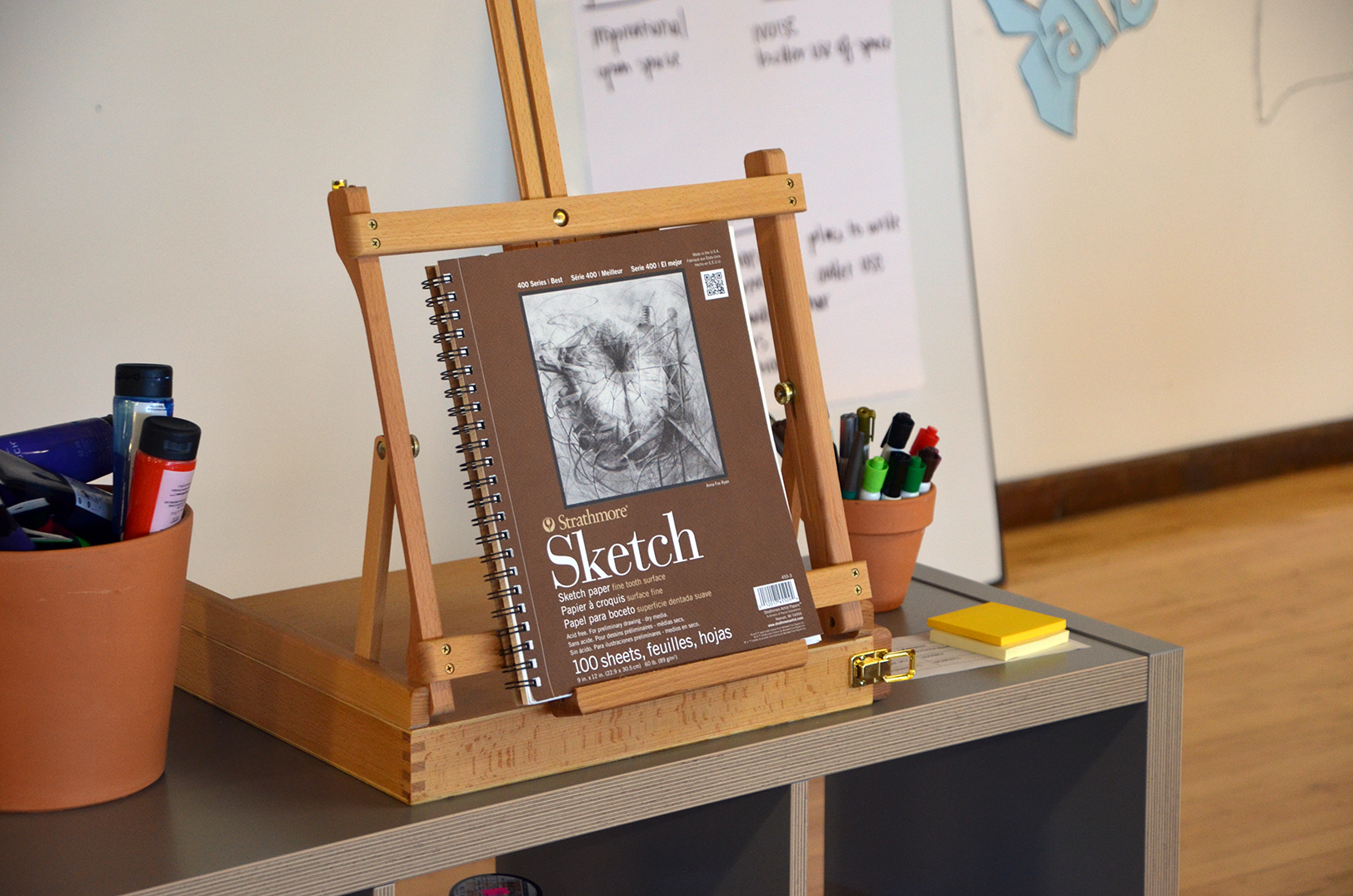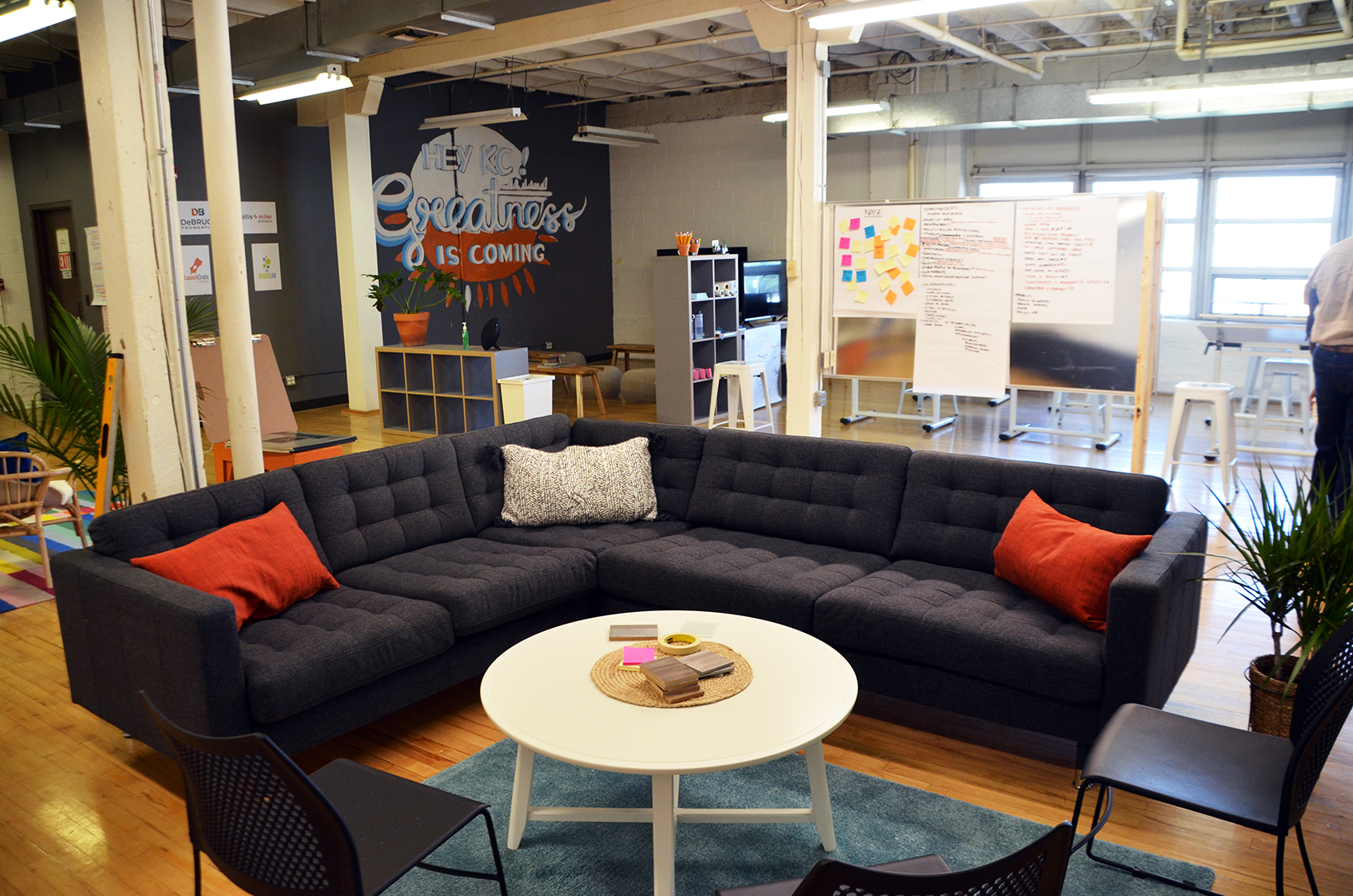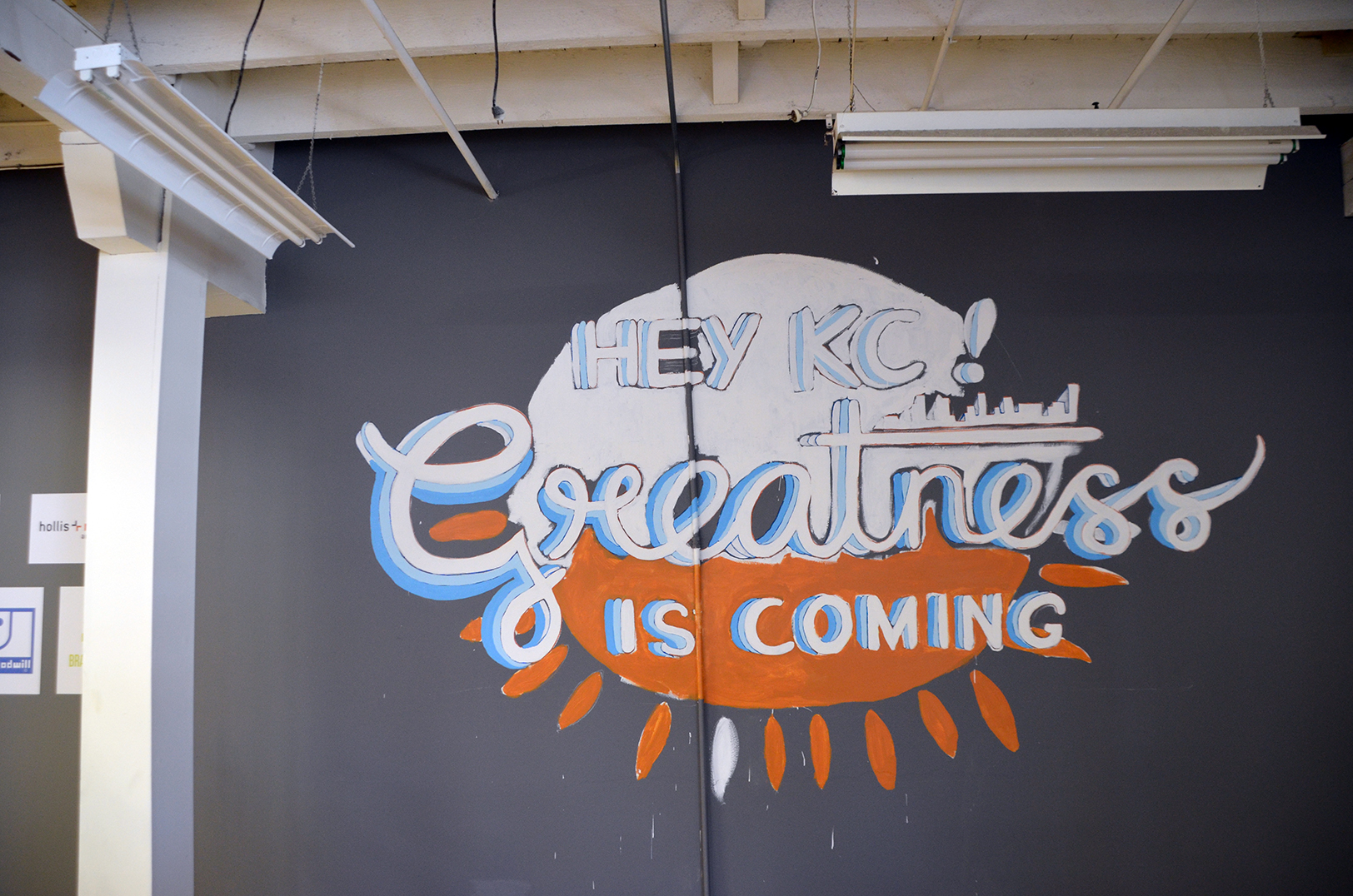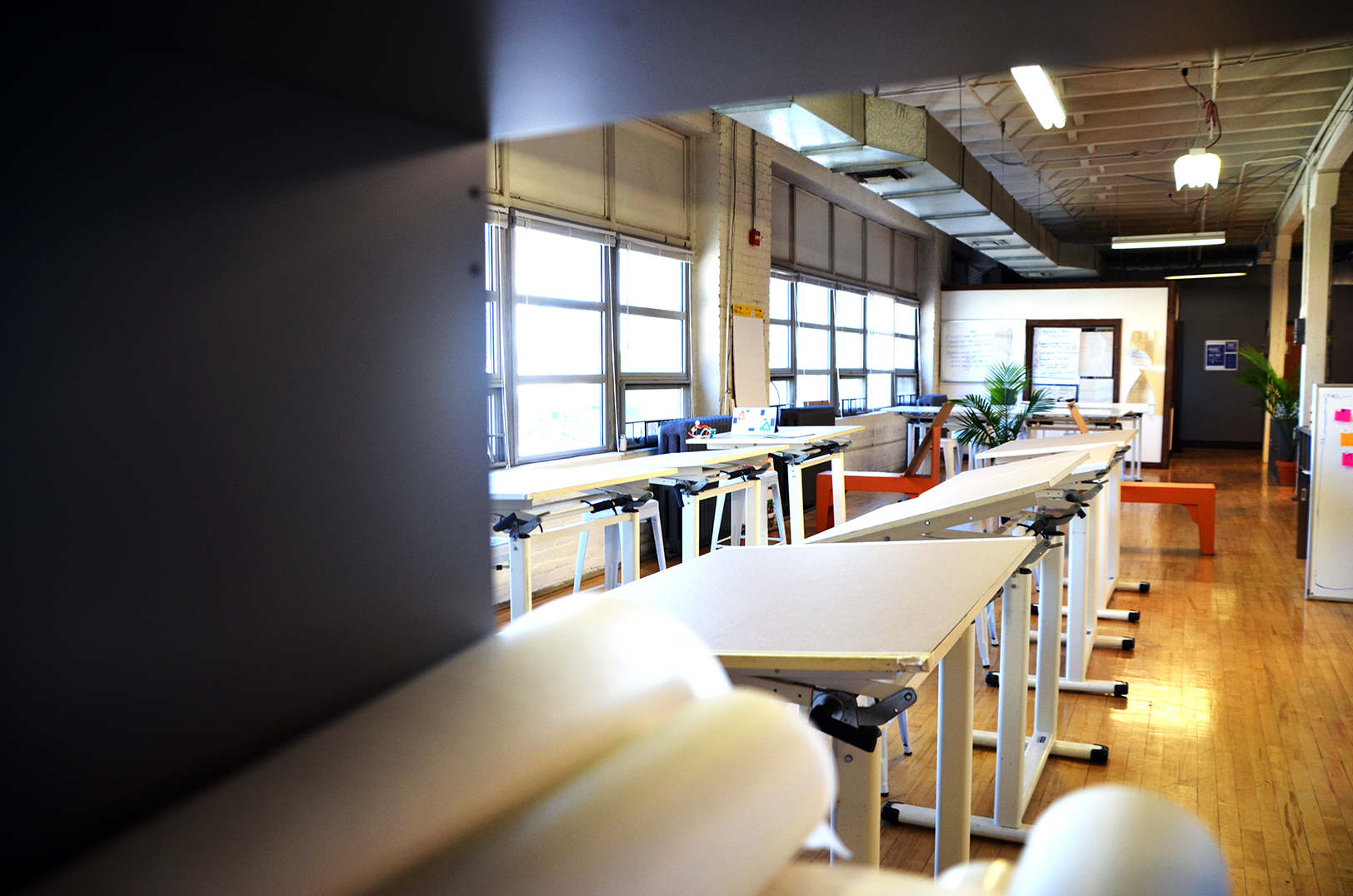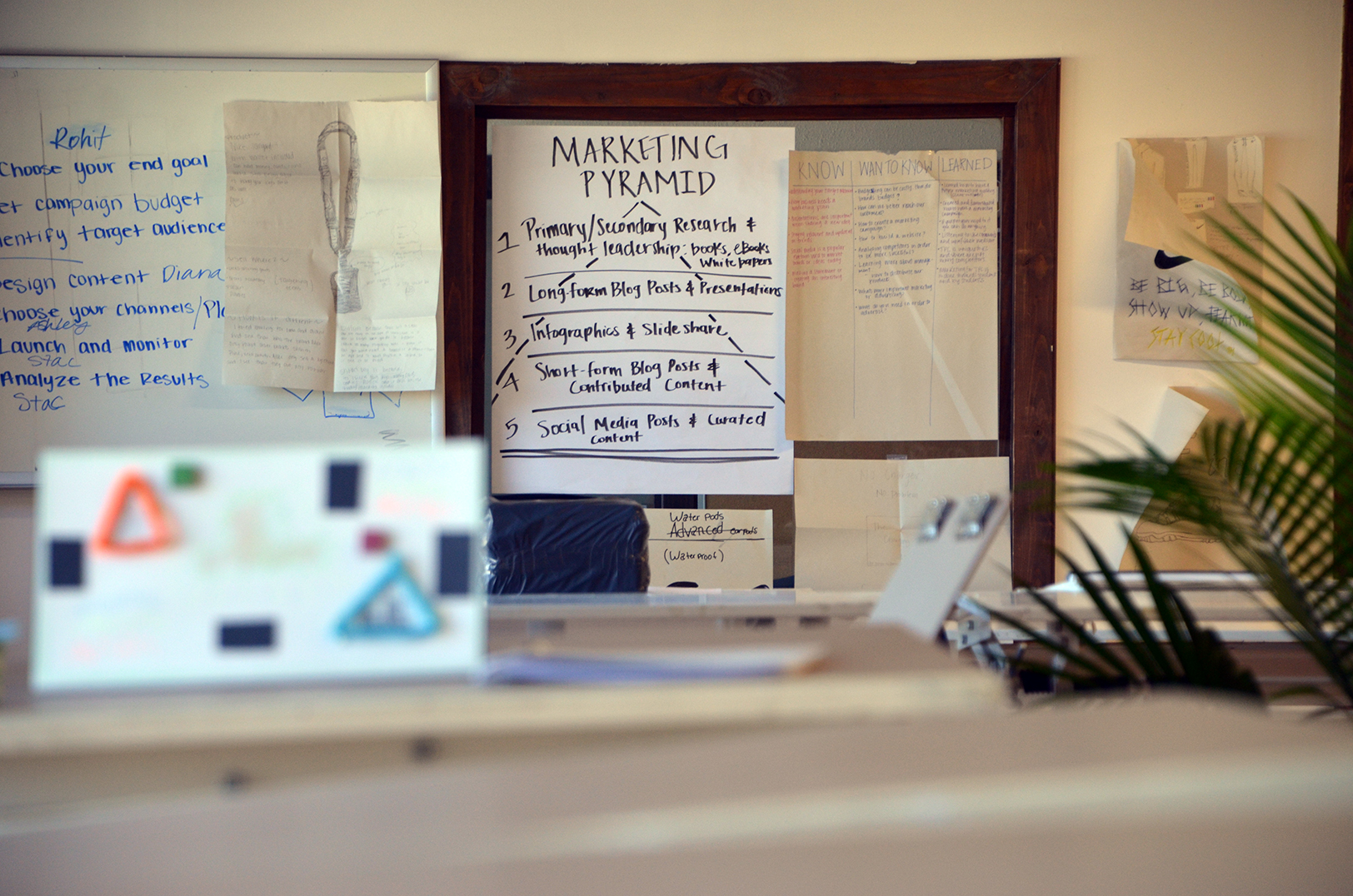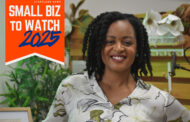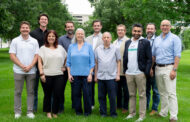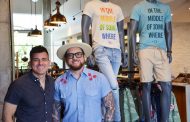Innovation is growing on the third floor of Goodwill’s East Crossroads center, enabling Kansas City’s next generation to take ownership of their city.
“We really wanted to sort of address their needs, hear more about their voice and engage with them,” William Dowdell, program director at Hire KC, said of the 21 students who make up the first class of Project Commons — a pilot program of the KC Social Innovation Center-backed organization, formally launched July 8.
The summer program is a loose spin-off of Hire KC’s internship program, giving opportunity to teens who might be too young for traditional internship opportunities, Dowdell noted.
“[At Hire KC], inevitably when we say we want 16 to 24-year-olds, you would get all these 14-year-olds and 15-year olds [to apply],” he said, noting those applications were often put to the side.
“There’s a lot of tenacity there, and so I started to audit who had completed their profile — totally completed it and then in what timeframe,” Dowdell said. “I was finding that some of these younger kids were completing them before the 19-year-olds, which was our average age.”
In what mimics both a classroom and a co-working site, student plans and ideas line the walls and indie music swirls through the rafters at Project Commons.
“This is a space for innovation, collaboration and impact,” Dowdell said, showing off the space that once housed old furniture and discarded knicknacks.
“[Goodwill] sort of said, ‘You can have this space, there’s nothing much you can do with it.’ So I literally rented a 26-foot truck. … I went through IKEA with like 20 of those push carts,” Dowdell said of the way he and his colleagues at Hire KC transformed the space into something that mimics the electric, energetic feel of the Crossroads.
“For a young person, being downtown in the Crossroads, they are just going to think its the coolest thing … there’s a lot of work being done in this area for creating a sort of innovative hub, the Keystone Innovation district. We want [Project Commons] to be down here. We want it to connect kids to this sort of really creative hub,” he said.
Learning about startup and small business functions and putting such skills into action as authors of various group projects, students gather 9 a.m. to noon, Monday through Thursday at Project Commons, Dowdell explained of the program’s structure — which could be compared to an accelerator program.
“We explained the impact is in the work you do here … it will impact your lives, your community … impact the greater community. One thing we’re explaining is through collaboration you get to know yourself better,” he said of what Project Commons teaches and the alignment of its mission with community organizations such as Goodwill and program partners like Hollis + Miller, LaunchCrate and the Debruce Foundation.
“We’re saying, ‘Hey, if this is the space you want to be in, we’re going to help you and give you the tools to get there.’ … I think that there are many people committed to innovation, entrepreneurship, startup workforce, who are like, OK, we need to move the needle, be more inclusive and really have those young people see themselves in that space.”
Enabling teens to understand who they are as members of society, the current class of the Project Commons program is hard at work developing a teen-focused, issues-based podcast and plotting the buildout of a podcast studio in a forgotten office within the Project Commons space.
Another group is designing and marketing its own brand of apparel, Dowdell said, noting the way their minds have started to process what they’ve learned and apply it to their world in meaningful ways.
“Someone said, ‘I was thinking about this, we think you should market on Spotify,’ and I literally took that as like, ‘Oh, OK. that’s really cute. OK, Spotify,’” Dowdell recalled with a laugh. “Then the young person said, ‘Because kids don’t have a premium account and they have to listen to commercials and Spotify doesn’t value commercials, but we hear those commercials all the time.’”
Given an opportunity to see herself in the role of a marketer, the teen realized a cost-effective advertising strategy for the program that directly impacts its target audience, he said.
“She began to tell me more of the commercials that are constantly playing and she said, ‘Kids would get the message because they’re always waiting,’ and I was like, ‘Oh, my god,’” Dowdell said.
In addition to its heavy focus on design thinking activities, Project Commons has committed to ecosystem exposure through guest speakers and tours of popular startup hubs such as WeWork, Dowdell explained, noting the significance of placing students in environments they need to see themselves in.
“What does it look like when young people are exposed to this content, to the support to be able to create their own spaces?” he asked.
Providing students with such tools could help them take ownership of Kansas City — ultimately creating an inclusive, thought-diverse community in which they want to take an active role in sustaining as their futures unfold, Dowdell said.
“It’s great if a person looks like them, but even if the person doesn’t … even speaking to them and saying, ‘I’m a part of this community, startup or industry and I desperately want you. I know you’re going to help us scale,’ [is important.] … Kids are seeing themselves,” he said.



